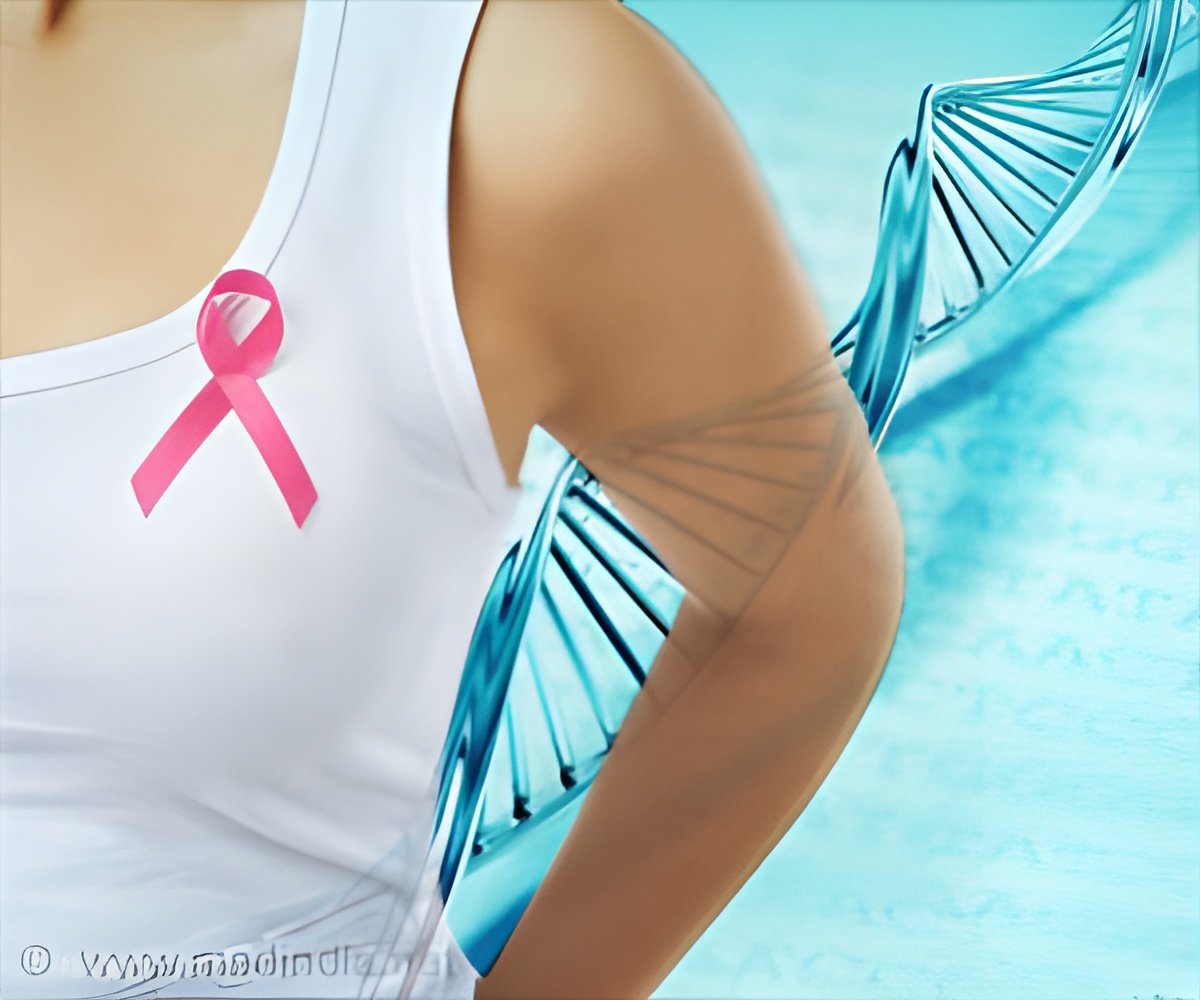Researchers aimed to predict how a patient would respond to two common chemotherapy medications used to treat breast cancer - paclitaxel and gemcitabine.

While some patients will respond well and go into remission, others will develop a resistance to the medication.
"Artificial intelligence is a powerful tool for predicting drug outcomes because it looks at the sum of all the interacting genes," said Peter Rogan, professor at University of Western Ontario in Canada.
"If we can use this technology to improve our knowledge of which medications to use, it could improve patient outcomes. The earlier we treat a patient with the most effective medication, the more likely we can effectively treat or possibly even cure that patient," Rogan noted.
The researchers aimed to predict how a patient would respond to two common chemotherapy medications used to treat breast cancer - paclitaxel and gemcitabine.
They began by defining a stable set of genes in 90 percent of breast cancer tumors in 2012.
Advertisement
Using the data, the researchers were able to identify the 84 percent of women with breast cancer who would go into remission in response to the drug paclitaxel.
Advertisement
Now, with this data in hand, the researchers are working to further refine the genetic signatures and improve the predictions further.
Their study was published in the journal Molecular Oncology.
Source-IANS















